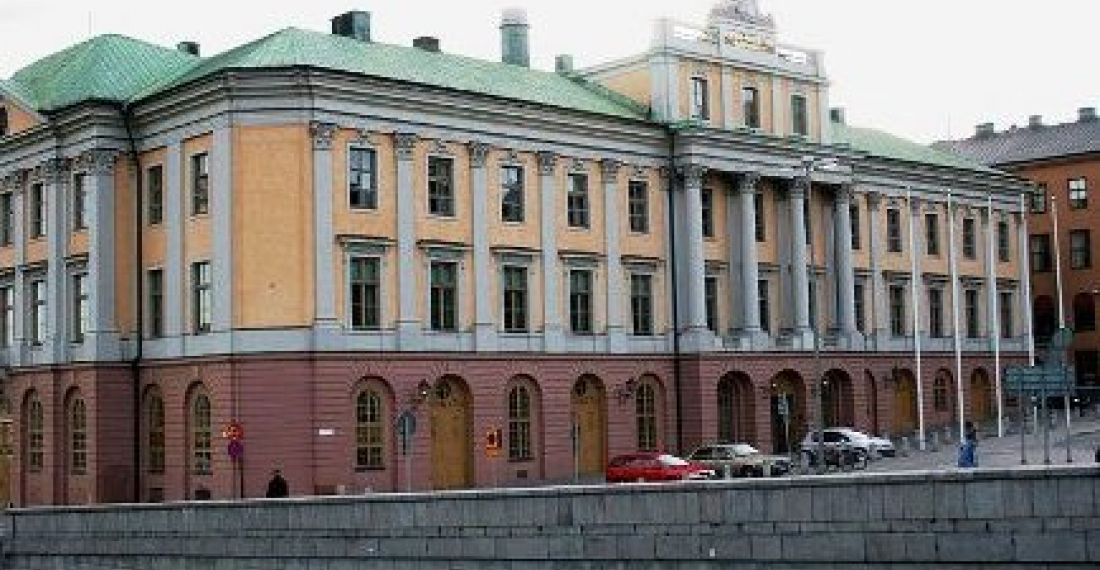Sweden has outlined its priorities for when it takes over the rotating chairpersonship of the Organisation for Security and Co-operation in Europe (OSCE) in 2021.
Addressing by video link the Permanent Council of the Organisation in Vienna the Deputy Foreign Minister of Sweden, Robert Rydberg said that contributing to resolving conflicts in the OSCE region will be at the top of his country's agenda as it assumes the leadership of the organisation. The Deputy Minister cited the conflicts in Ukraine, Transdniestr, Nagorno-Karabakh and Georgia, and said that they pose grave risks to the common security in the OSCE area.
Rydberg's address to the Permanent Council came as the organisation faces one of the most challenging moments in its 25 year history following the abrupt decision not to renew the mandate of its senior leadership.
related content: The OSCE in crisis
Without making a direct reference to the current crisis, the Swedish Deputy Foreign Minister stated
"The Organization is facing major challenges. Our primary focus will have to be to go back to basics. Emphasis will be on the fundamental tasks of the OSCE: to defend the European security order and to uphold the OSCE comprehensive concept of security.
The European security order - territorial integrity, to refrain from the threat or use of force and to uphold the right of each country to choose its own foreign and security arrangement - this is a core security policy interest for my own country. It is in the interest of the whole OSCE region. Our common commitment to these principles dates to the Helsinki Final Act of 1975 and the Paris Charter of 1990. It's high time that we all live up to these commitments. Violations of international law and lack of accountability can never be accepted."
In conclusion the Swedish diplomat said that the OSCE can make a difference through dialogue, inclusion and respect for agreed principles.
source: commonspace,eu with the Ministry of Foreign Affairs, Stockholm






